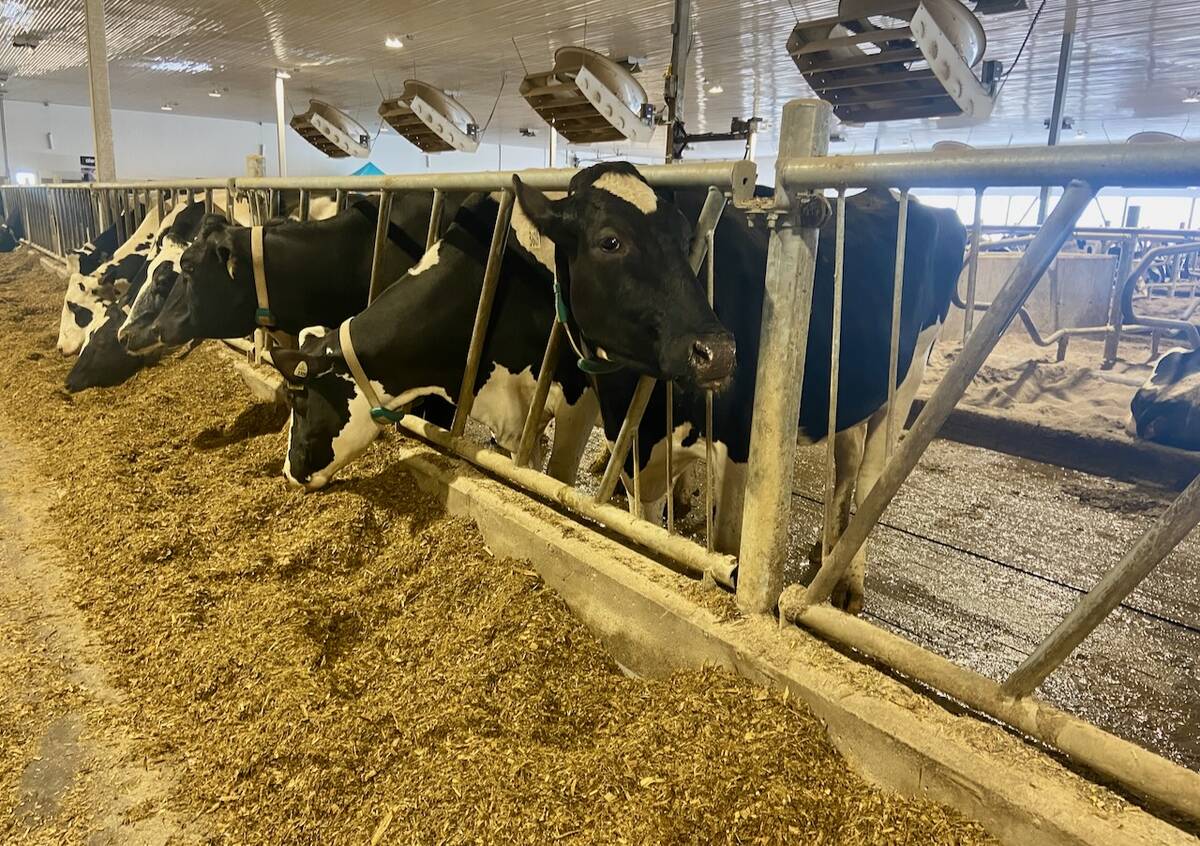RED DEER – Last year was stellar for the Canadian poultry industry, but a dark cloud is raining on chicken’s parade.
The country’s chicken farmers produced a record one billion kilograms of meat last year.
“We are Canada’s number one meat,” said Dave Fuller, president of the Chicken Farmers of Canada.
“Consumers choose chicken more than any other product and that is something we should be very proud of.”
The average Canadian eats 31.8 kg of chicken and 31.7 kg of beef.
However, Fuller said the good times are in jeopardy because of the possibility that a future world trade agreement could erode the industry’s supply management system.
Read Also

U.S. farm group supports supply management
U.S. grassroots farm advocacy group pushing new agriculture legislation that would move towards supply management like Canada has for dairy industry
“Supply management is being threatened,” Fuller told the annual Alberta poultry meeting in Red Deer Feb. 26. “Each and every farmer has to make plans to see their MPs, their MLAs to make sure they clearly understand how critical supply management is to this country,” he said.
WTO technical discussions are underway in Geneva and the news for supply management is not good, said Mike Dungate, general manager of the national chicken organization. He said Canada needs to continue protecting the industry.
“We need to maintain our overquota tariffs where they are and we do not want to provide any more market access.”
Canada permits imports equal to 7.5 percent of its production and allows more chicken than trade law requires, making it one of the top 10 importers in the world. The result is more chicken coming in from the United States, Brazil, Chile and Thailand. The overquota tariff is 238 percent or $1.67 per kg.
The latest trade figures, from 2006, show Canada received 45,000 kg from the U.S., 26,000 kg from Brazil, 3,000 kg from Thailand and 1,470 kg from Chile. All were below the tariff rate quota.
Canada exported more than 110,000 kg of mostly frozen, dark meat, especially into the hallal and kosher markets because larger processors are not prepared to manufacture specialty items.
Canada is a high value white meat market but countries such as Brazil consider white meat a surplus product and look for places to land it cheaply. Brazilian export chicken must be frozen. It may be found in wings, frozen dinner entrees, nuggets and other further processed food.
In an interview, Dungate said if supply management protections were eroded many farms could be lost. The effects on support industries such as veterinarians, feed mills and processors would be equally dire.
Dungate said it also opens the door to multinational chicken giants such as Tyson’s Foods. Brazil could step up exports to Canada, but Mexico does not have a veterinarian agreement to export chicken to Canada
“I think 2008 is going to be a tough year for us,” said Dungate.















